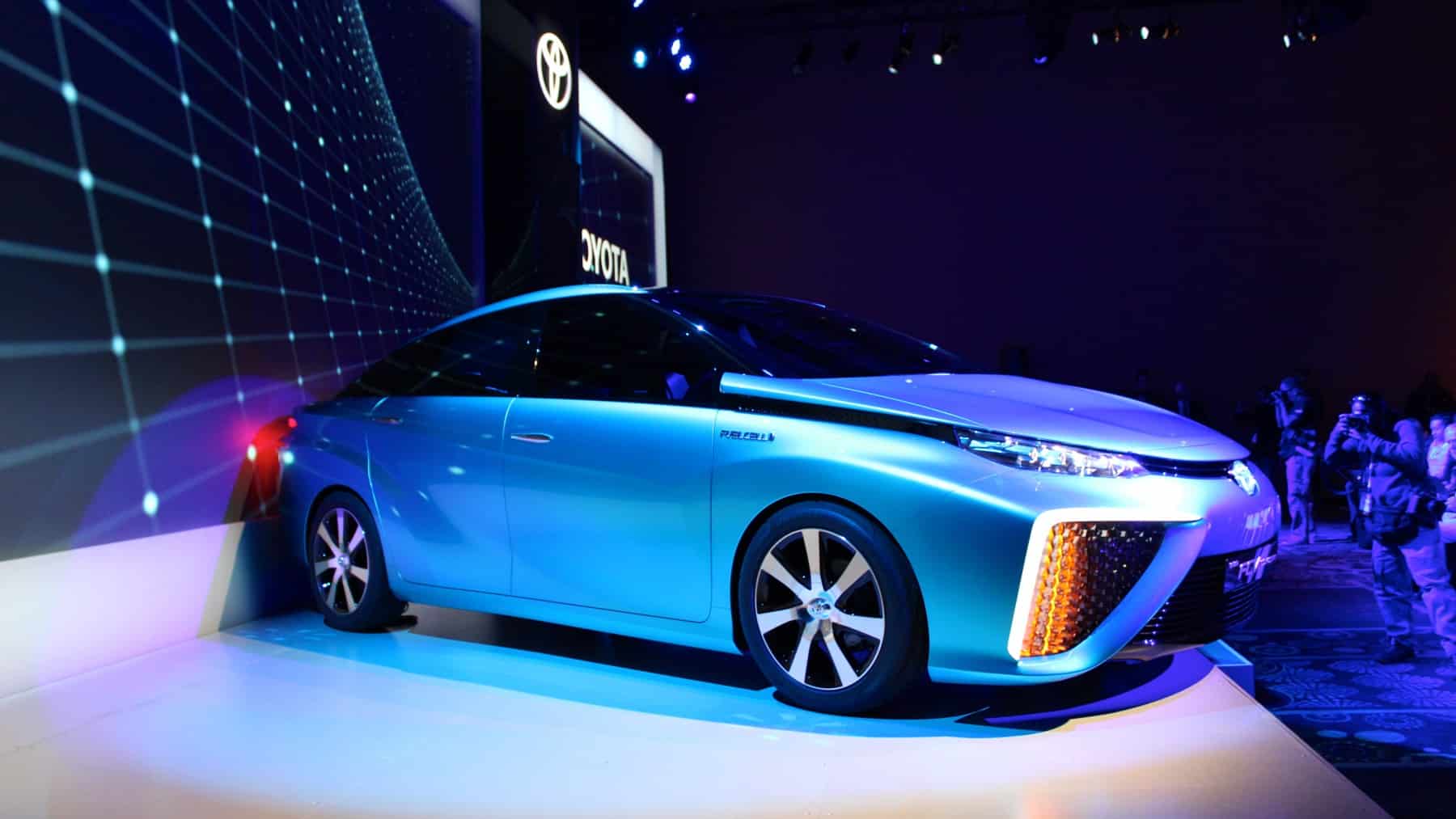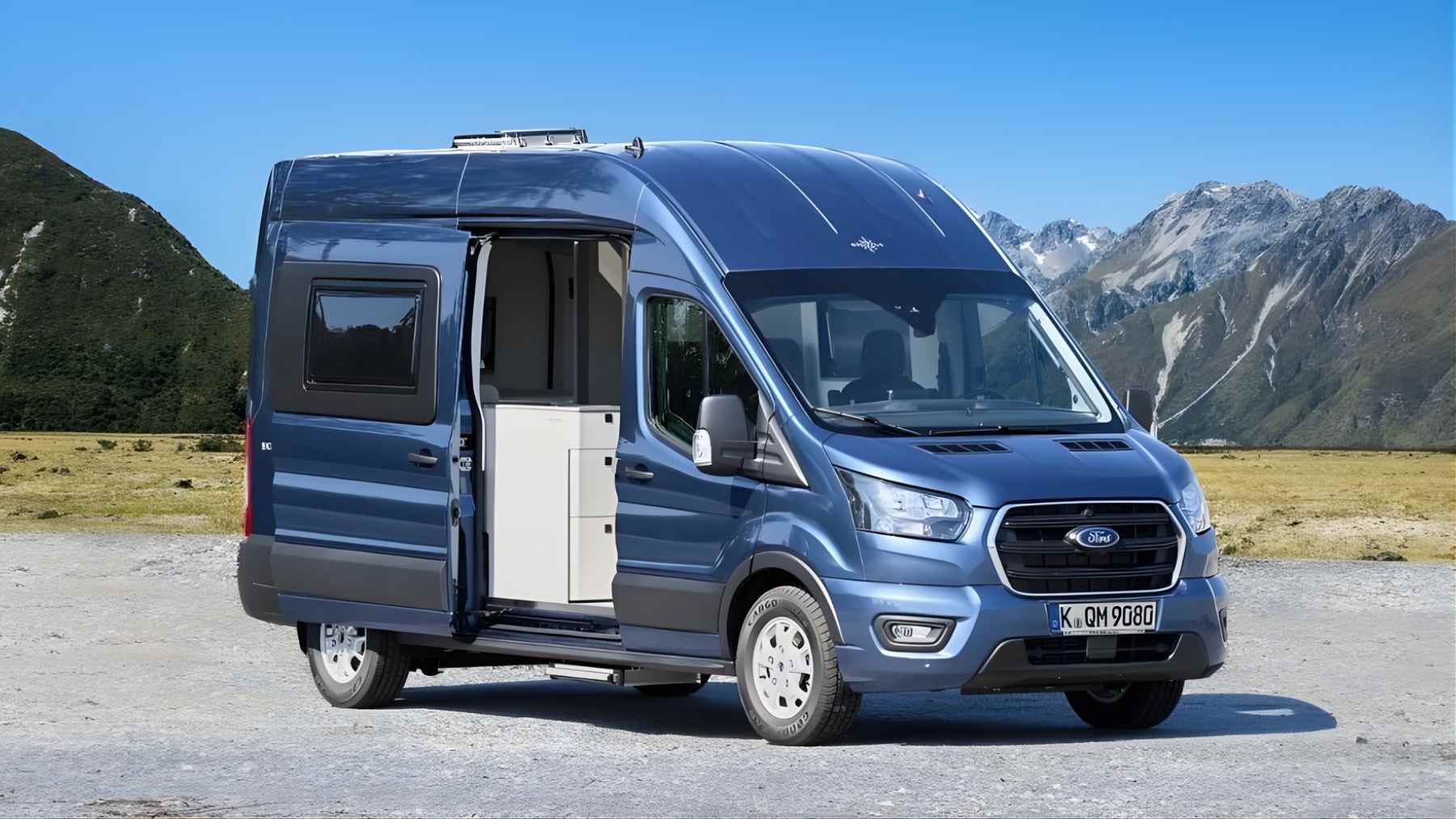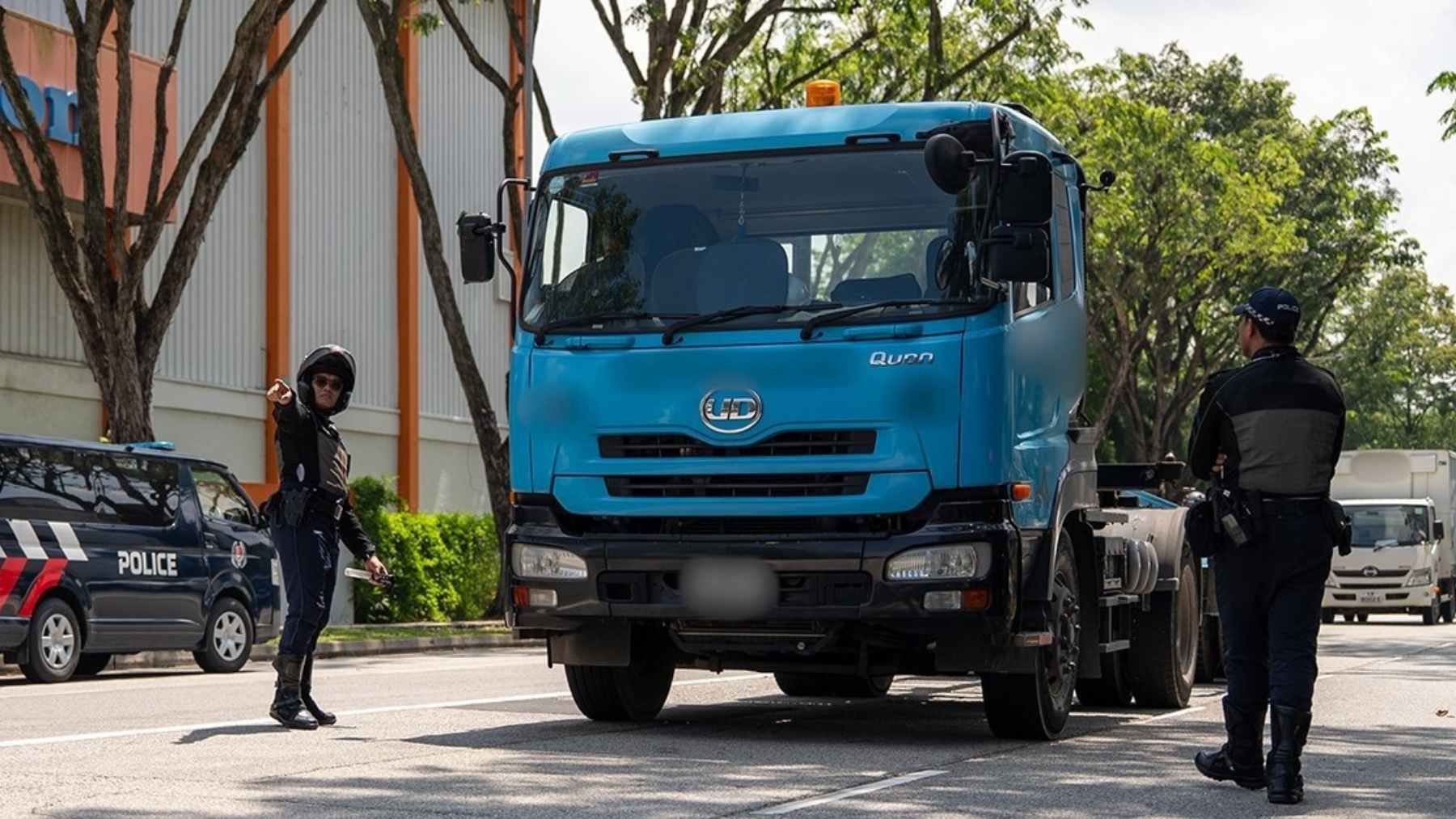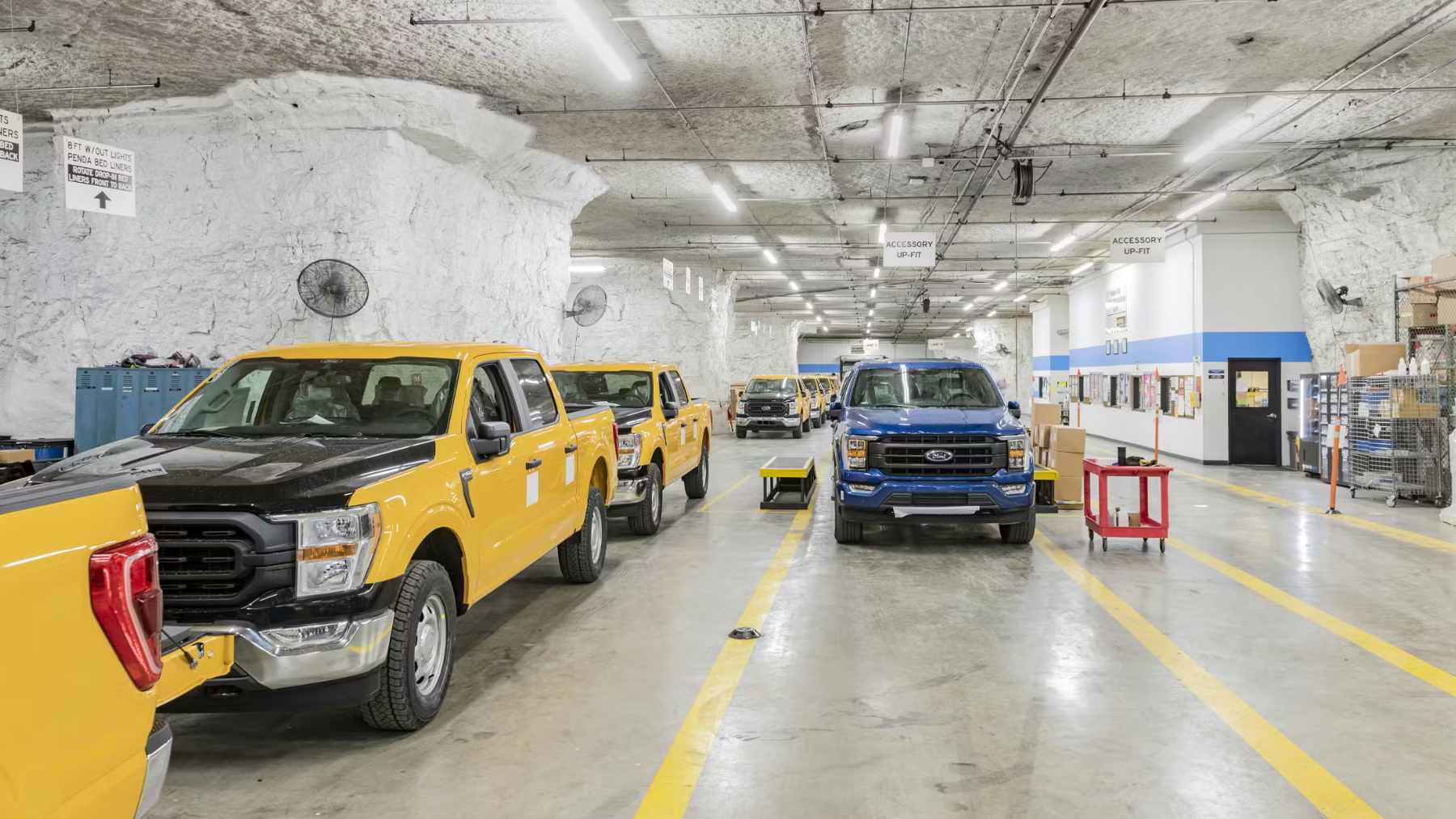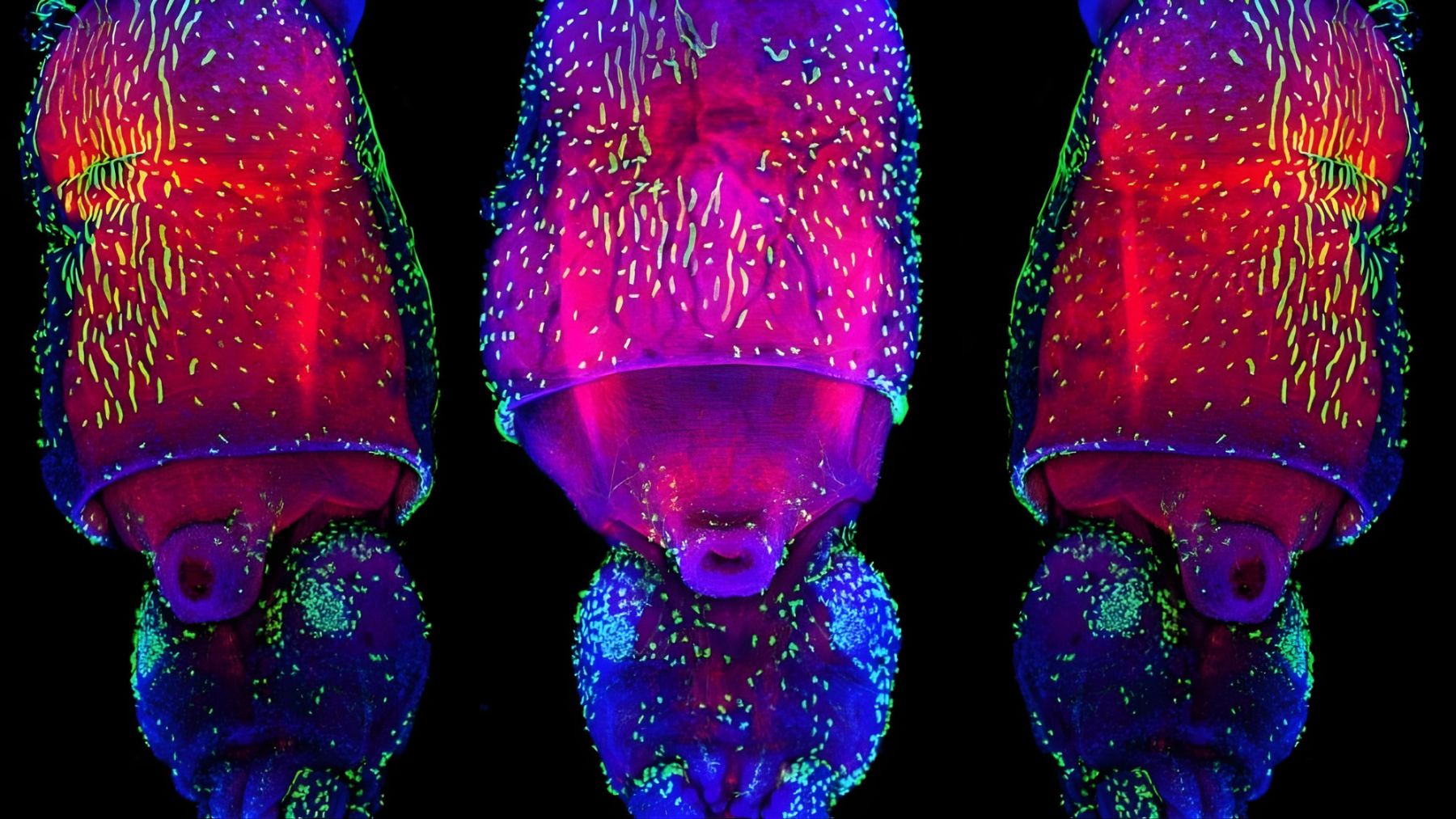While Toyota has been pioneering hydrogen technology over the past decade, the company faced backlash during the Paris 2024 Olympics where the brand was promoting their hydrogen powered vehicles. While hydrogen fuel cells produce zero emissions at the point of use, critics argue that the overall environmental benefits of hydrogen vehicles may not be as clear-cut as those of battery electric vehicles.
How hydrogen vehicles operate
Hydrogen fuel cell vehicles, operate by using a hydrogen fuel cell to generate electricity that powers an electric motor. In a fuel cell, hydrogen gas stored in high-pressure tanks is fed into the cell where it reacts with oxygen from the air in an electrochemical process. This reaction produces electricity, water vapor, and heat as byproducts. The electricity generated by the fuel cell is used to power the vehicle’s motor, while the water vapor is released as the only emission making it a sustainable alternative to internal combustion engines provided the hydrogen used came from green sources.
Hydrogen vehicles are similar to battery electric vehicles in that they are both electric vehicles, but instead of being charged from an external power source, the hydrogen fuel cell generates electricity on board. This allows hydrogen fuel cell vehicles to have a longer range and shorter refueling time compared to battery electric vehicles as hydrogen can be refueled in just a few minutes. This is unlike charging a battery which can take several hours.
The 2024 Paris Olympics controversy
The Toyota Mirai was chosen as the official car for the Paris 2024 Olympic games. The Mirai is a hydrogen fuel cell vehicle developed by Toyota in 2014. For the duration of the games, Toyota supplied 500 Mirai cars and 10 coaches that run on hydrogen, as well as 1,150 electric vehicles, to transport athletes around the athlete village and to and from their competitions. This was a massive promotional opportunity not just for Toyota but also for hydrogen vehicles.
However, when the Paris 2024 Olympic Committee announced the Mirai as their official car, this caused a stir among some members of the scientific community. In an open-letter to the Olympic organizers, a group of 120 scientists, engineers and academics appealed to the Olympic committee to drop the Mirai as their official car. The underlying motive to this was the false impression hydrogen vehicles create with regards to their sustainability.
Hydrogen vehicles are only as sustainable as the source hydrogen is extracted from. Most hydrogen we use today is produced from fossil fuels. If this hydrogen was used in an engine, while there may be no emissions, it still is not green energy and requires the unsustainable mining for fossil fuels which are damaging our planet. This makes them marginally better than internal combustion engines. Many scientists believe that electric vehicles are a much better sustainable solution to the internal combustion engine.
The future of hydrogen vehicles
The open-letter to the Olympic committee spotlighted the problem many experts in sustainability are having with the automobile industry. Many alternative engine solutions which are being developed are still on parr with the negative effects of internal combustion engines. This remains true even for electric vehicles, where the batteries used in electric vehicles are made from lithium where mining it has harmful effects on the environment.
In essence, while alternative fuels and engines are often promoted as part of the green transition, their current limitations in terms of efficiency, environmental impact, and scalability mean that they cannot yet be considered fully sustainable solutions. Many have put their hopes on the electric vehicle, however others have suggested that their needs to be a focus on making public and alternative transport more readily used by the majority instead of continuing the development of privately owned vehicles.
